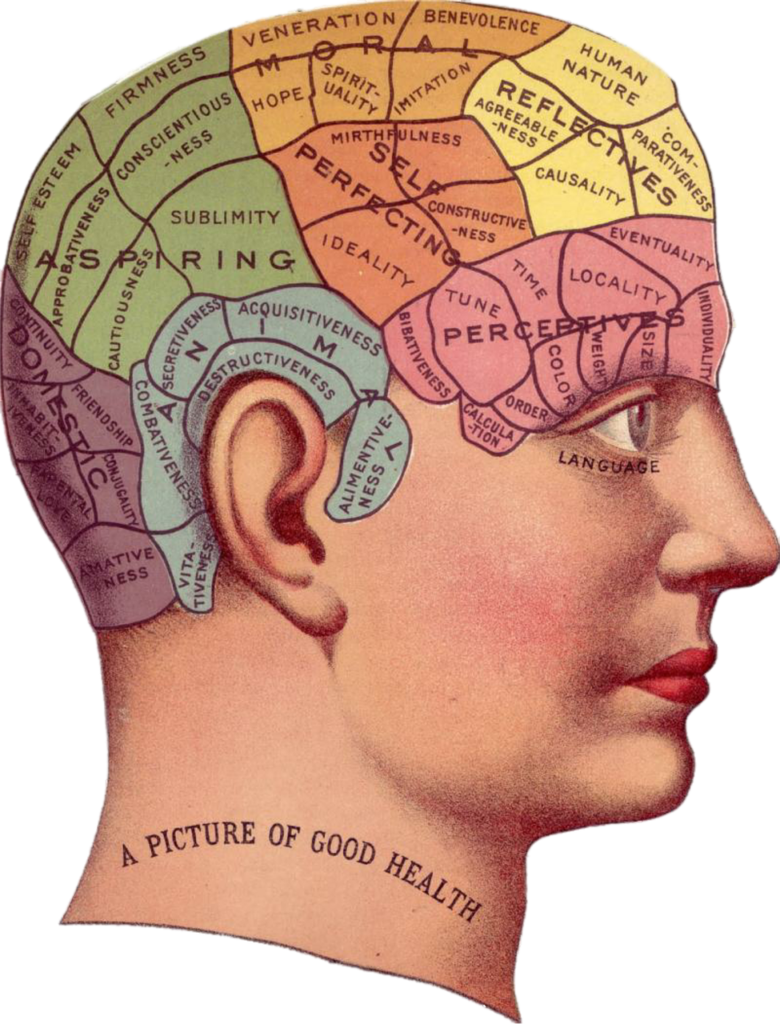FOCUS ON TRAVEL AND HEALTH
You have worked all your life taking care of the family, and now the nest is empty, missing the different yet unique personalities that enriched your environment. You have worked all year round; the kids are excited now that it is summer you want to give them experience. You have worked until this time in retirement and your bucket list is now possible. If you can afford it, now is the time. The time to visit your health provider, get those immunizations, medicine needed if going overseas and experience the time of your life. Reason? Yes, travel has a lot to offer. There are health benefits and the health benefits of travel do out way those risks that we all go against when we travel. People traveled when there were not medicines, for exploration or conquest and yet today, coming back from your travels safely is almost guaranteed. You will know if the country you are going to is welcome to your nationality and decide accordingly. You will know if the country you are going to has a health crisis and you can decide accordingly. We live in an exciting time, where healthcare, transport, financial access has never been so easy. At least compared to the past. The advances today were only dreams centuries ago. And yet people travelled. So, if you can just go, just do it. You have the chance to fulfill your life. Look below to what travel can offer for your health.

Travel can offer numerous benefits to mental health, contributing positively in several ways:
- Reduced Stress: Traveling allows individuals to disconnect from their daily routine and stressors, which can lower cortisol levels and promote relaxation.
- New Perspectives: Experiencing different cultures, landscapes, and lifestyles can broaden one’s perspective and foster personal growth. This exposure can help in developing empathy and understanding.
- Physical Activity: Many travel activities involve physical movement, whether it’s walking through a new city, hiking in nature, or swimming in the ocean. Physical activity is known to boost mood and reduce symptoms of anxiety and depression.
- Mindfulness and Presence: Traveling often encourages mindfulness as individuals focus on the present moment, taking in new sights, sounds, and sensations.
- Boost in Happiness: Anticipation of a trip and the actual experience of traveling can increase levels of happiness and satisfaction, providing a break from routine and adding excitement to life.
- Stress Reduction: Being away from the sources of stress at home or work can provide a mental break, allowing for relaxation and rejuvenation.
- Cognitive Benefits: Learning new skills, languages, or navigating unfamiliar environments can challenge the brain in positive ways, improving cognitive flexibility and resilience.
- Social Connections: Traveling with friends, family, or even meeting new people along the way can strengthen social bonds and provide emotional support.
- Creativity: Exposure to new environments and cultures can stimulate creativity and problem-solving skills as individuals adapt to new situations and experiences.
- Self-Discovery: Traveling solo, especially, can promote self-discovery and introspection, helping individuals learn more about themselves and their capabilities.
Overall, travel can be a powerful tool for improving mental well-being by offering opportunities for relaxation, personal growth, and new experiences that enrich life and provide a break from daily stressors.

During exercise, several neurotransmitters and hormones are released in the brain and throughout the body, contributing to various physiological and psychological effects. Some of the key neurotransmitters involved include:
- Endorphins: Often associated with feelings of euphoria and reduced perception of pain, endorphins are released during moderate to intense exercise. They act as natural painkillers and can induce a positive mood.
- Dopamine: Known as the “reward neurotransmitter,” dopamine is involved in feelings of pleasure and reinforcement. Exercise can increase dopamine levels, contributing to motivation and feelings of enjoyment.
- Serotonin: Exercise can lead to increased serotonin synthesis and release. Serotonin is involved in regulating mood, appetite, and sleep, and higher levels are associated with feelings of well-being and happiness.
- Norepinephrine: Also known as noradrenaline, this neurotransmitter is involved in the body’s stress response. During exercise, norepinephrine levels increase, which can improve focus, attention, and alertness.
- Brain-Derived Neurotrophic Factor (BDNF): While not a neurotransmitter itself, BDNF is a protein that supports the growth, function, and survival of neurons. Exercise has been shown to increase BDNF levels, which is linked to improved cognitive function, mood regulation, and neuroplasticity.
These neurotransmitters and hormones work together to create the “runner’s high” and other positive psychological effects associated with exercise. They play a crucial role in regulating mood, reducing stress, and promoting overall mental well-being. Regular physical activity is therefore not only beneficial for physical health but also for mental and emotional health due to these neurochemical changes.
Travel can contribute to improving the immune system through several mechanisms, despite potential exposure to new pathogens. Here’s how travel can positively impact immune health:
- Exposure to New Microorganisms: Travel exposes individuals to a wider range of microorganisms present in different environments. While this might initially seem detrimental, exposure to diverse microbes can actually strengthen the immune system by stimulating immune responses and increasing resilience to infections.
- Stress Reduction: Traveling can help reduce stress levels by providing a break from routine, work-related stressors, and daily responsibilities. Chronic stress can suppress the immune system, so reducing stress through travel can support immune function.
- Increased Vitamin D: Travel to sunny destinations or spending more time outdoors during travel can lead to increased sun exposure and higher levels of vitamin D production in the body. Vitamin D plays a crucial role in immune function and helps regulate the immune response.
Travel can contribute to improving the immune system through several mechanisms, despite potential exposure to new pathogens. Here’s how travel can positively impact immune health:
- Exposure to New Microorganisms: Travel exposes individuals to a wider range of microorganisms present in different environments. While this might initially seem detrimental, exposure to diverse microbes can actually strengthen the immune system by stimulating immune responses and increasing resilience to infections.
- Stress Reduction: Traveling can help reduce stress levels by providing a break from routine, work-related stressors, and daily responsibilities. Chronic stress can suppress the immune system, so reducing stress through travel can support immune function.
- Increased Vitamin D: Travel to sunny destinations or spending more time outdoors during travel can lead to increased sun exposure and higher levels of vitamin D production in the body. Vitamin D plays a crucial role in immune function and helps regulate the immune response.
- Physical Activity: Many travel activities involve physical movement, such as walking, hiking, or swimming, which can boost overall health and support immune function. Regular moderate exercise has been shown to enhance immune response.
- Improvement in Mental Health: Better mental health, promoted by travel through relaxation and enjoyment, can indirectly support immune function. Positive emotions and reduced stress contribute to a healthier immune system.
- Social Connections: Travel often involves interaction with new people and cultures, which can strengthen social bonds. Social connections have been linked to improved immune response and overall health.
- Broadened Dietary Intake: Trying new foods and cuisines during travel can introduce a wider variety of nutrients and beneficial compounds to the diet, which can support immune function.
While travel can expose individuals to new pathogens and challenges, these potential downsides are often outweighed by the overall benefits to immune health. However, it’s important to take precautions such as practicing good hygiene, staying hydrated, and getting adequate rest to minimize the risk of illness during travel.
Travel can be an effective way to relieve stress due to several reasons:
- Change of Environment: Traveling takes you out of your daily routine and familiar environment, providing a break from the usual stressors of work, home, or other responsibilities. This change can help reset your mind and reduce stress levels.
- Physical Relaxation: Many travel activities involve physical relaxation, such as lounging on a beach, enjoying a spa day, or exploring nature. Physical relaxation can help lower cortisol levels (the stress hormone) and promote overall relaxation.
- Mental Distraction: Exploring new places, trying new activities, and meeting new people can distract your mind from daily worries and stressors. Engaging in new experiences can be mentally stimulating and enjoyable, diverting your attention away from stress.
- Mindfulness and Presence: Travel often encourages mindfulness as you focus on the present moment, taking in new sights, sounds, and experiences. This mindfulness can promote relaxation and reduce anxiety.
- Social Connections: Traveling with friends, family, or even meeting new people along the way can strengthen social bonds and provide emotional support. Positive social interactions can enhance mood and reduce stress.
- Sense of Adventure: Traveling can provide a sense of excitement and adventure, which can be invigorating and uplifting. Engaging in adventurous activities or exploring new cultures can boost mood and reduce stress.
- Time for Self-Care: Travel allows you to prioritize self-care by indulging in activities that you enjoy but may not have time for in your daily life. Whether it’s reading a book by the beach, getting a massage, or simply taking a leisurely walk, these activities contribute to stress relief.
- Perspective Shift: Experiencing different cultures and landscapes can broaden your perspective and help you see things from a different angle. This can reduce the intensity of personal problems and stressors by putting them into a broader context.
Overall, travel can be a powerful stress-relieving tool by offering a combination of relaxation, distraction, mindfulness, social connection, and new experiences. It allows you to recharge mentally and emotionally, returning home with a renewed sense of energy and well-being.

Being social and maintaining social connections can significantly improve well-being in several ways:
- Reduced Feelings of Loneliness: Social interactions provide companionship and emotional support, reducing feelings of loneliness and isolation, which are detrimental to mental health.
- Improved Mental Health: Regular socializing can lower the risk of depression and anxiety. It provides opportunities for positive interactions, laughter, and emotional expression, which are beneficial for emotional well-being.
- Increased Sense of Belonging: Social connections contribute to a sense of belonging and identity within a community or group, fostering a feeling of being valued and accepted.
- Enhanced Self-Esteem: Positive social interactions can boost self-esteem and self-worth. Validation from others and supportive relationships can reinforce a positive self-image.
- Stress Reduction: Social support acts as a buffer against stress. Sharing concerns, receiving advice, or simply venting to a friend can alleviate stress and promote relaxation.
- Cognitive Benefits: Engaging in conversations and social activities stimulates the brain, improving cognitive function and memory. It challenges the mind and keeps it active.
- Longevity: Research suggests that strong social connections are associated with a longer lifespan. Socially integrated individuals tend to have better overall health outcomes.
- Healthy Habits: Social networks can influence health behaviors. Positive peer pressure or encouragement from friends and family can promote healthier habits such as exercise, healthy eating, and regular medical check-ups.
- Support in Times of Need: Social connections provide a safety net during challenging times. Friends and family can offer practical assistance, emotional support, and guidance during crises or life transitions.
- Sense of Fulfillment: Meaningful relationships and social activities add richness and fulfillment to life. They provide opportunities for shared experiences, celebrations, and creating lasting memories.
In summary, being social and nurturing relationships with others is essential for overall well-being. It not only contributes to emotional and mental health but also enhances physical health outcomes and quality of life. Investing time and effort into building and maintaining social connections can lead to a happier, healthier, and more fulfilling life

So, go have lower stress, increase activity while enjoying life, have a better outlook on life and reduce risk of depression, lower the risk of heart disease because of enjoyment while exercising. My best a different perspective on life and its challenges. Go.
References
A vacation may be what the doctor ordered
Chenmei Liao, Yifan Zuo, Shaogui Xu, Rob Law, and Mu Zhang
Dimensions of health benefits of wellness tourism: Areview
